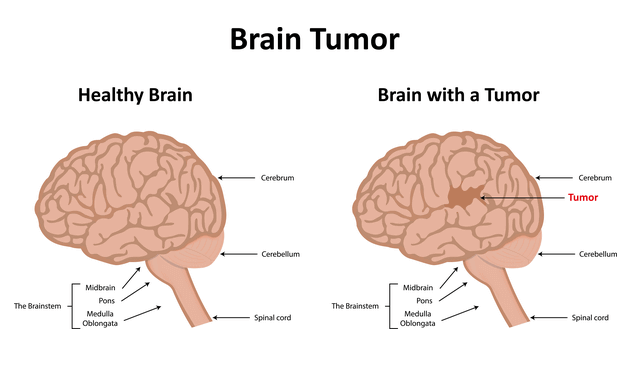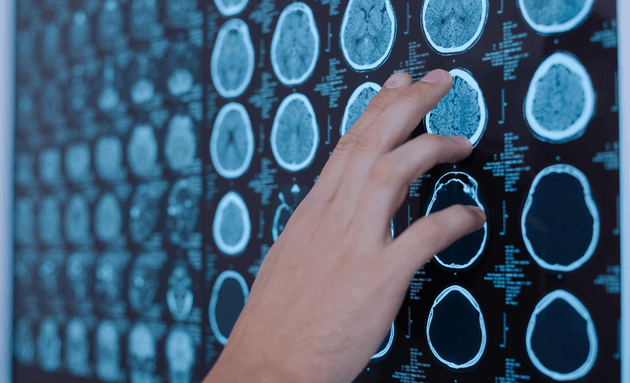8 Brain Tumor Signs That Need Immediate Attention

Every year in India, more than 50,000 people are diagnosed with a brain tumour. Of these, 20% are children. There has been a steady rise in medulloblastoma (paediatric brain cancer) over the last 5 years, possibly because of environmental hazards like exposure to harmful chemicals and toxins.
Some cases have also been attributed to inherited conditions such as Li-Fraumeni syndrome, neurofibromatosis, tuberous sclerosis, and Turcot's syndrome.
Who Is at Risk of Brain Tumour?
Although brain tumour can happen to anybody, there are certain risk factors that increase your risk:
- Age and Gender: Brain tumour is most prevalent in children and younger adults. Men are more prone to it than women. However, meningioma, a type of tumour, is most likely to occur in women.
- Exposure to infections, chemicals, radiations, and harmful toxins: Occupational or environmental hazards, infection with the Epstein-Barr virus (EBV), and others are known risk factors for a brain tumour.
- Head injury and seizures: Serious head trauma has long been studied for its relationship to brain tumours.
What Are the Signs and Symptoms of Brain Tumour?

Here are 8 silent signs of a brain tumour one should know:
Seizures
Fits or seizures are a sign of brain tumour, especially in someone with no previous medical history of epileptic fits or seizures. Around one-third of all patients diagnosed with a brain tumour experience fits. These can cause severe abnormal movements in the body and may lead to loss of consciousness. They may also be accompanied by flashes of light or other visual disturbances.
A decline in the brain’s functioning
Memory loss and the inability to concentrate or focus on usual activities is a matter of concern and could be a sign of a developing brain tumour. It is best to get a consultation from your doctor at the earliest.
Severe, persistent headaches
If a headache is persistent, especially more in the mornings and does not cure with over-the-counter medication, it may be a sign of something grave. If your headaches are followed by double vision, nausea and vomiting, numbness, or weakness, it may also be a sign of brain tumour.
Speech problems
A sudden change in speech, like stuttering and not able to recall or pronounce words, maybe a sign of brain tumour.
Weakness
A person with a brain tumour will not be able to function as efficiently with their arms and legs. They may also experience some clumsiness and loss of balance while walking.
Loss of vision
Bitemporal hemianopsia is a condition of temporary blindness where there is no vision in the outer half of both the right and left of the visual field.
Changes in personality
A brain tumour can even alter the nature of judgement in individuals, and he or she may experience agitation, mood swings, etc.
Hearing problems
One may experience a constant ringing sensation in their ears, which may eventually lead to loss of hearing ability.

Other brain tumour symptoms include extreme sensitivity towards heat or cold, altered taste perception, obesity, and hand tremors. Some types of brain tumours proliferate while other tumours grow gradually.
Considering all these factors, a doctor can determine how soon the brain tumour treatment should start after the diagnosis. Timely detection, as well as a proper brain tumour treatment, can work in favour of the patient and can quicken the progress towards a tumour-free life.






